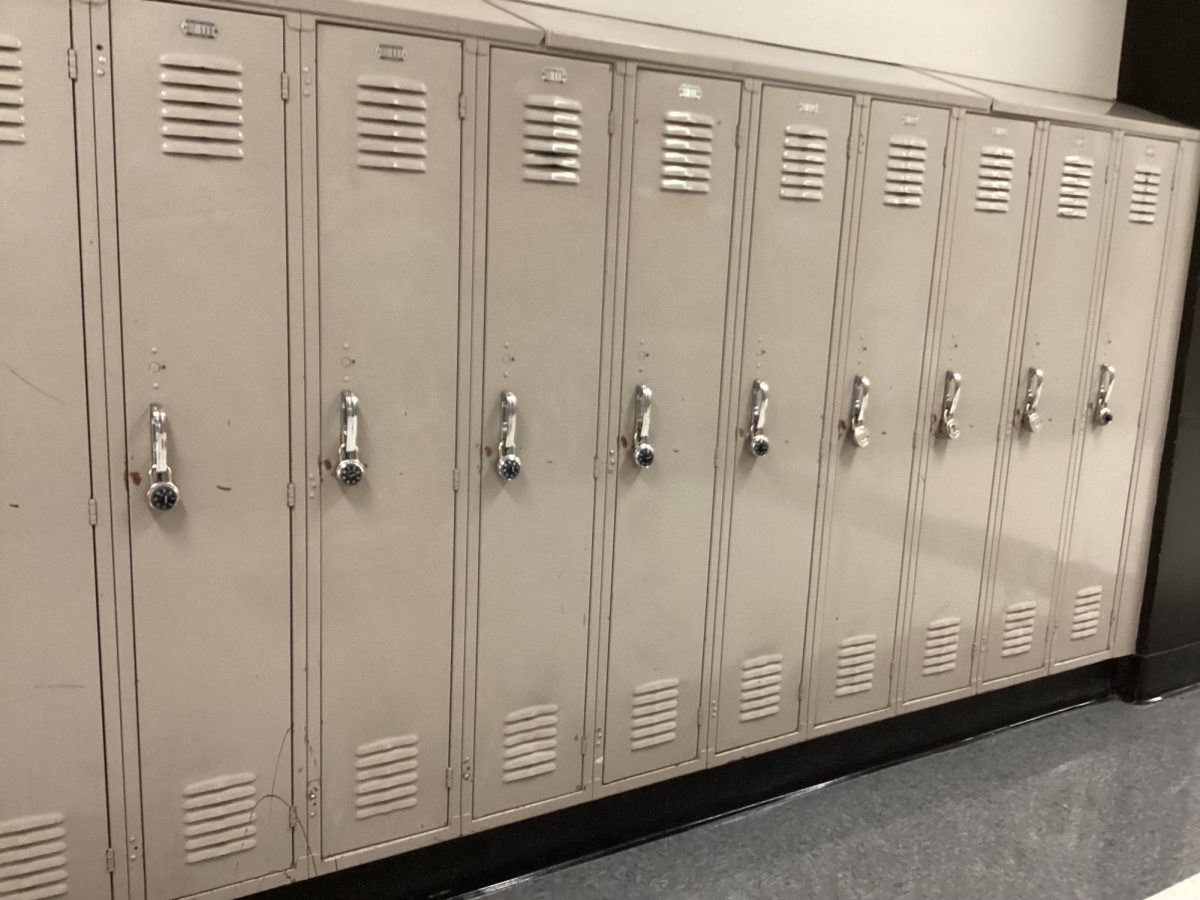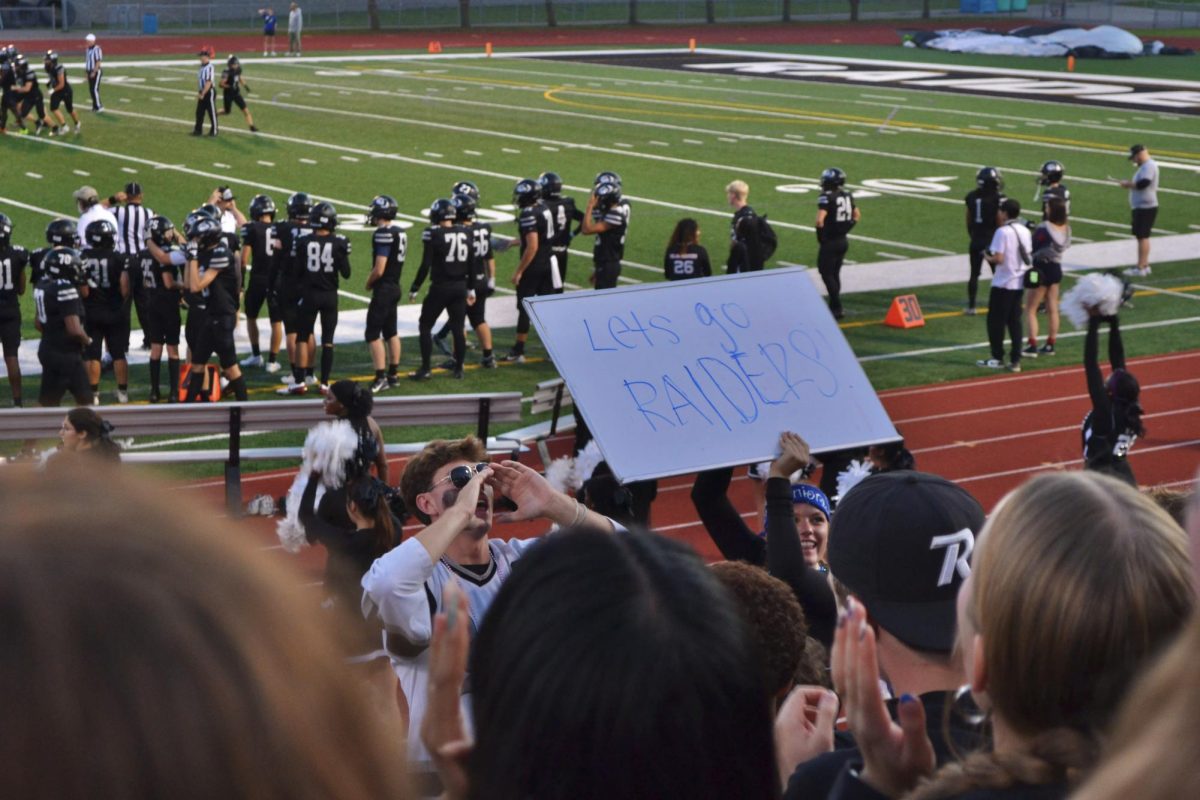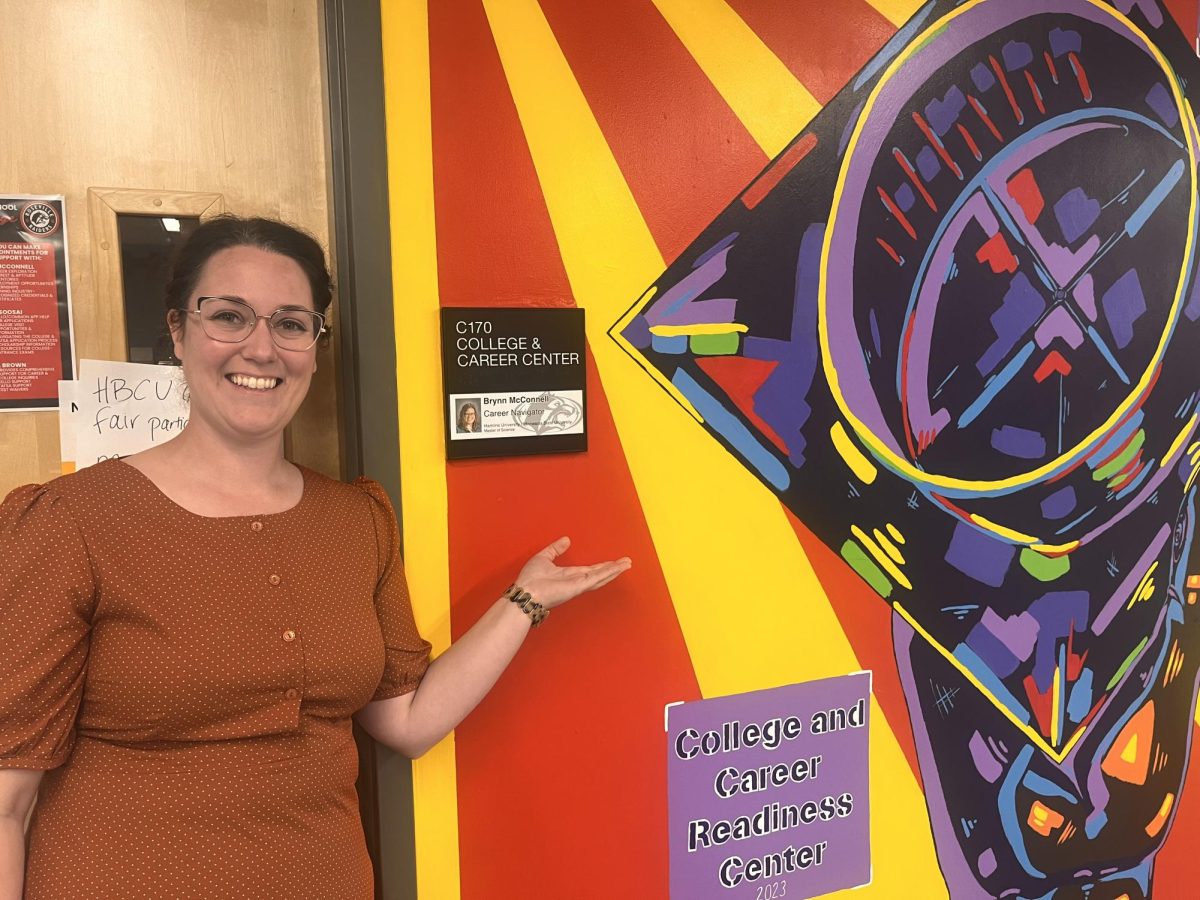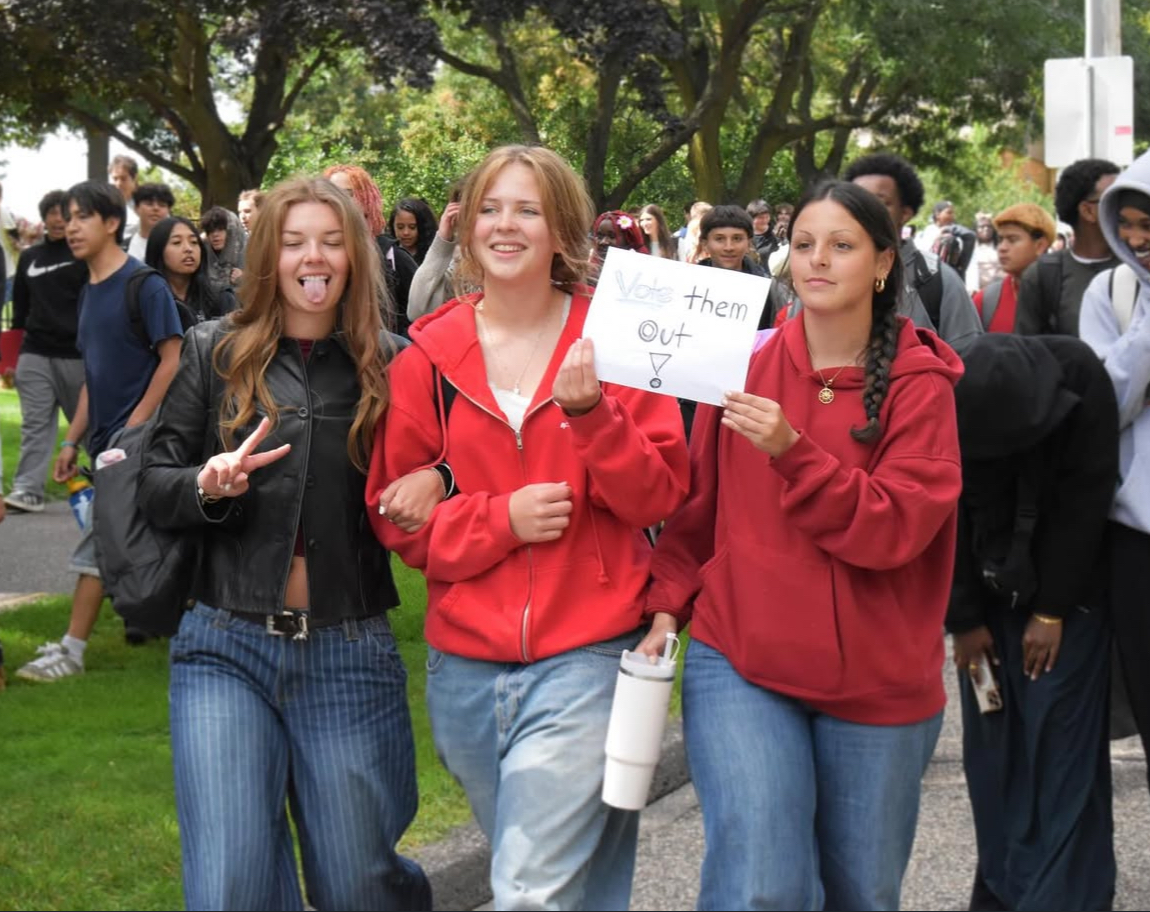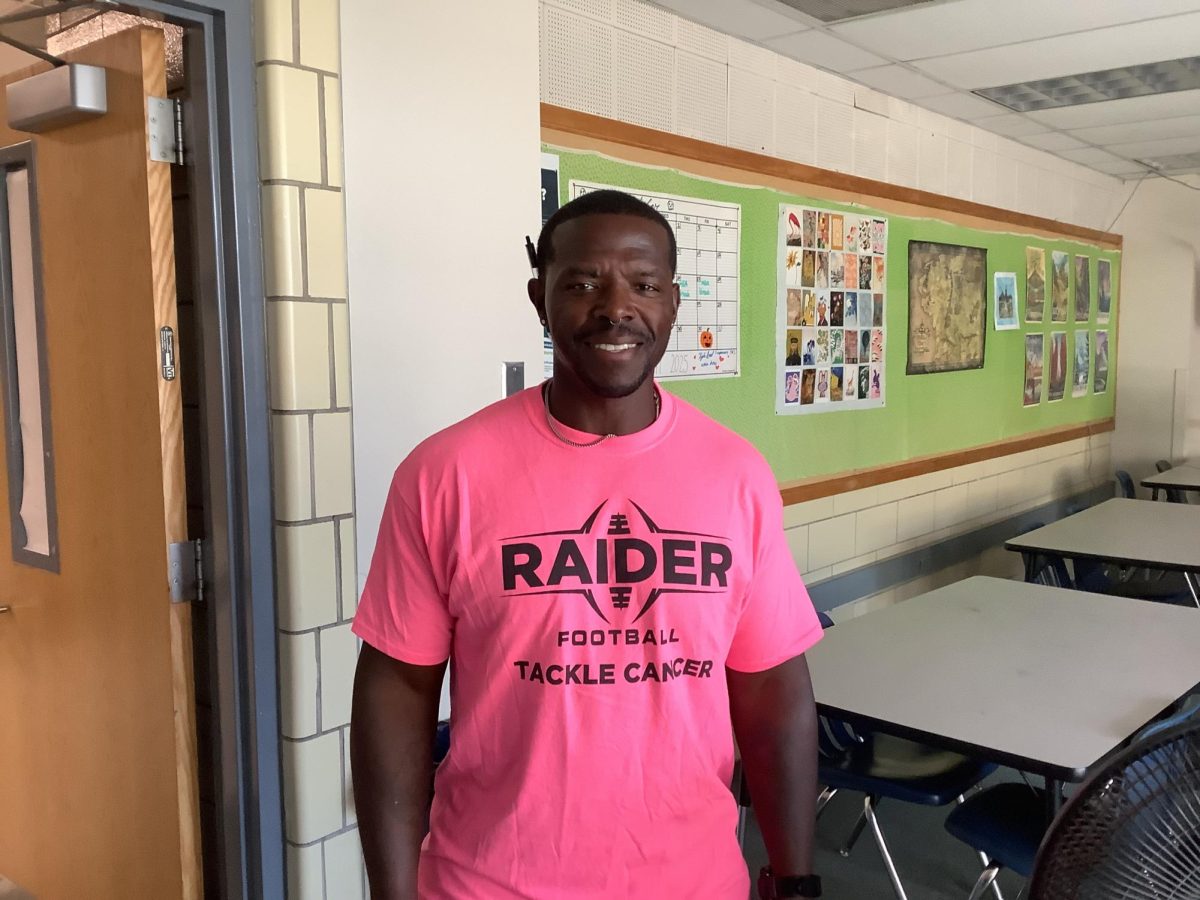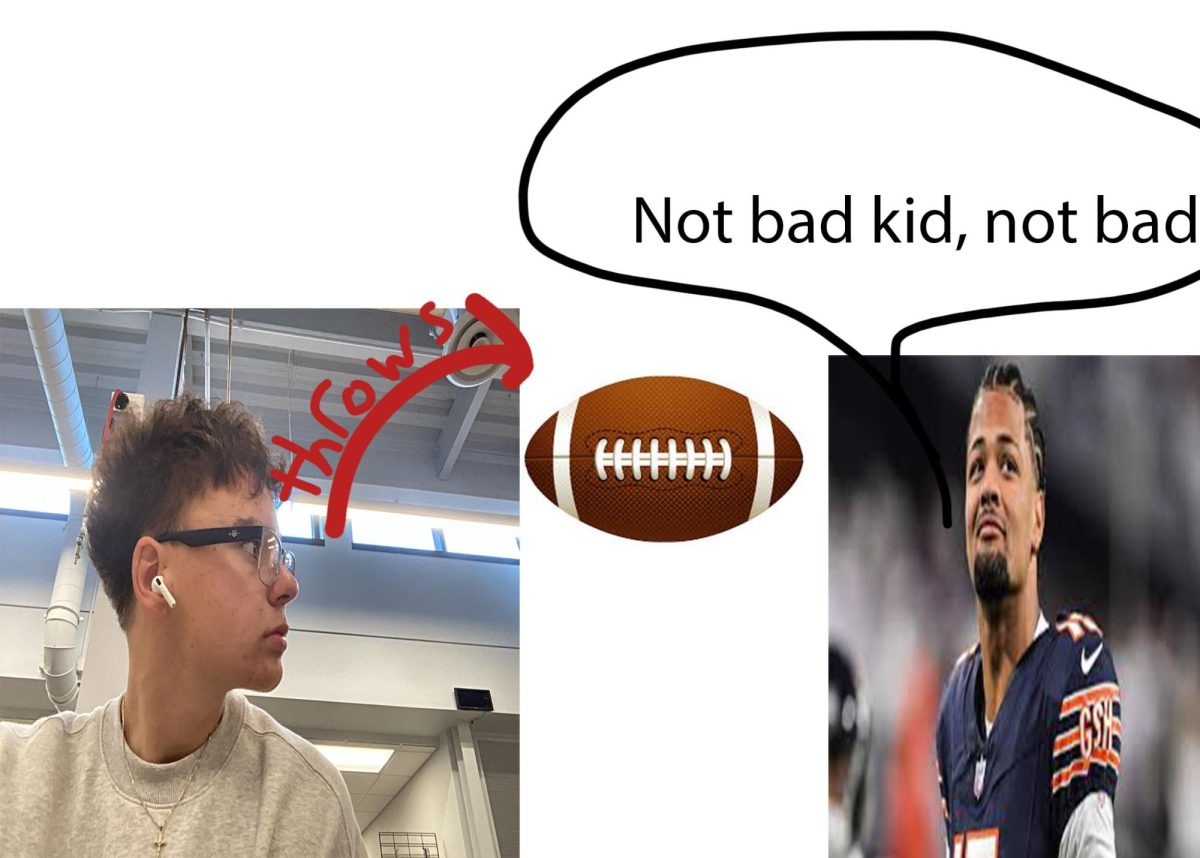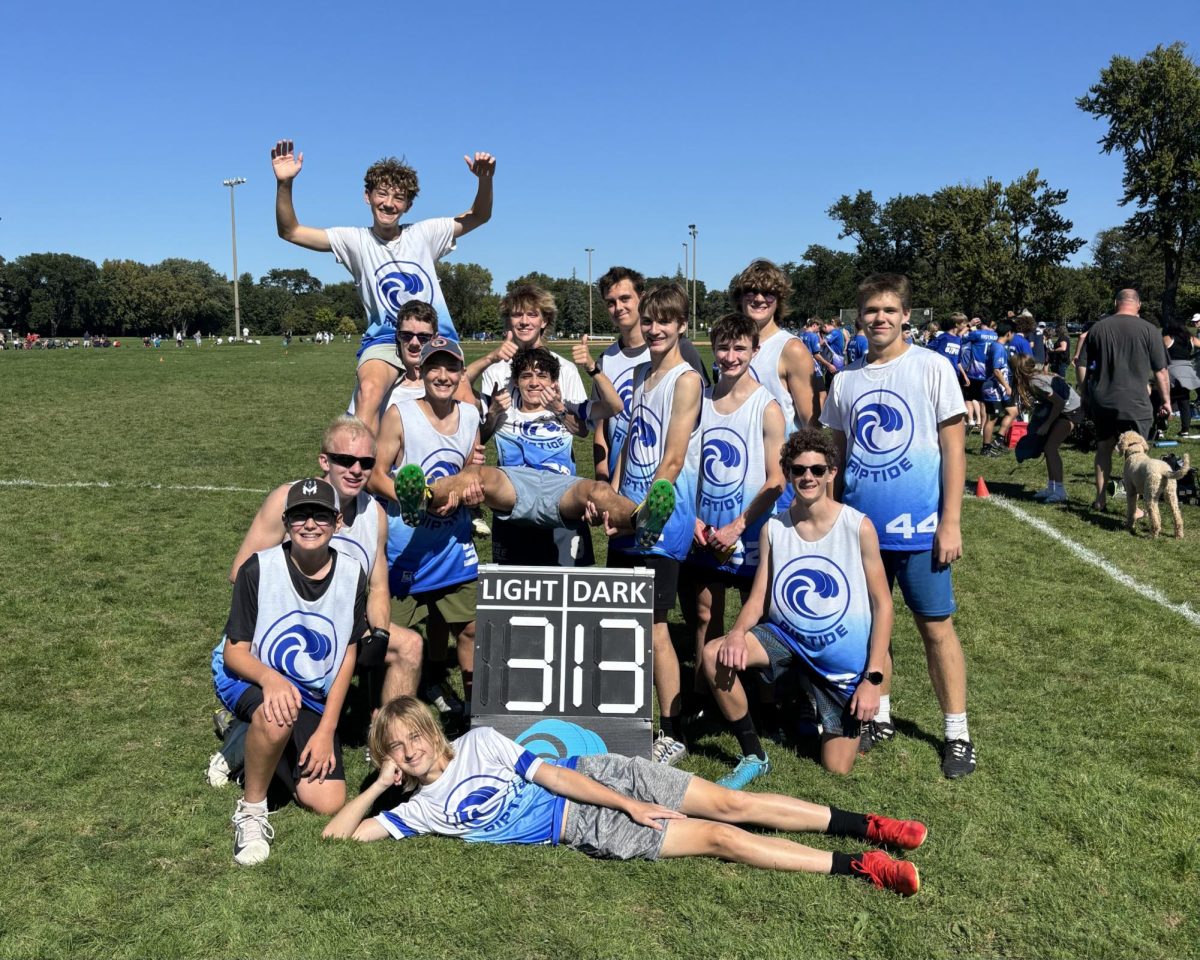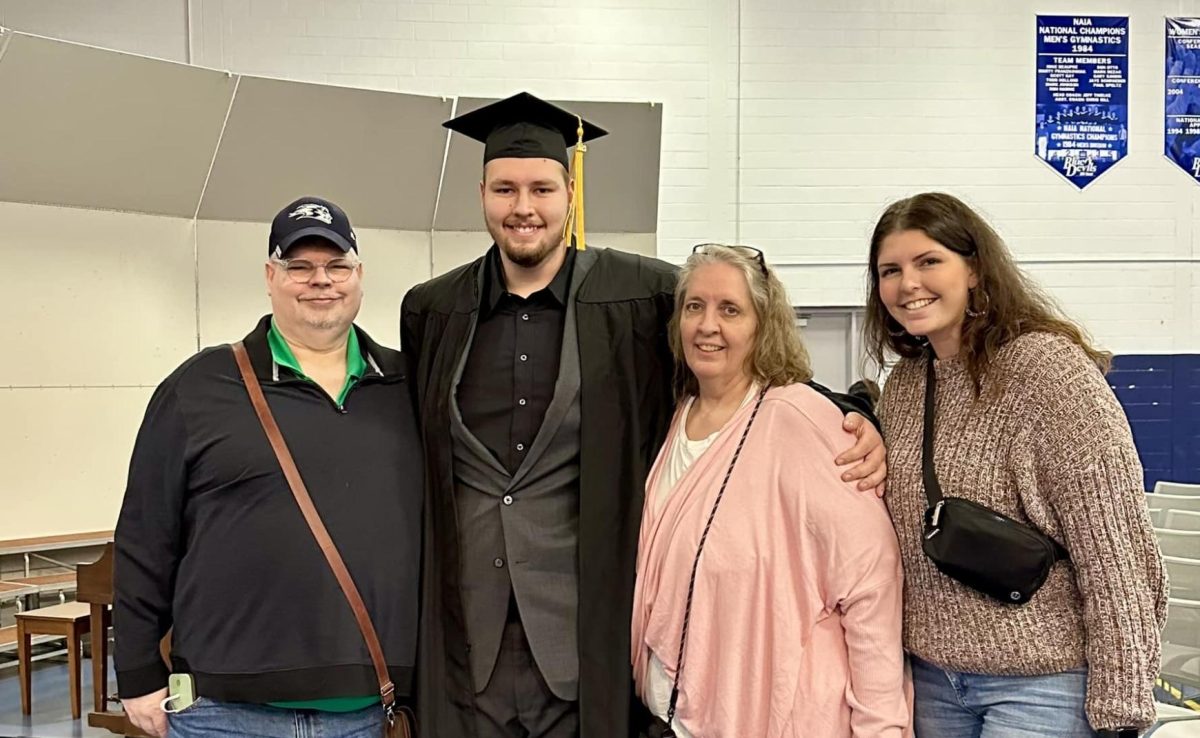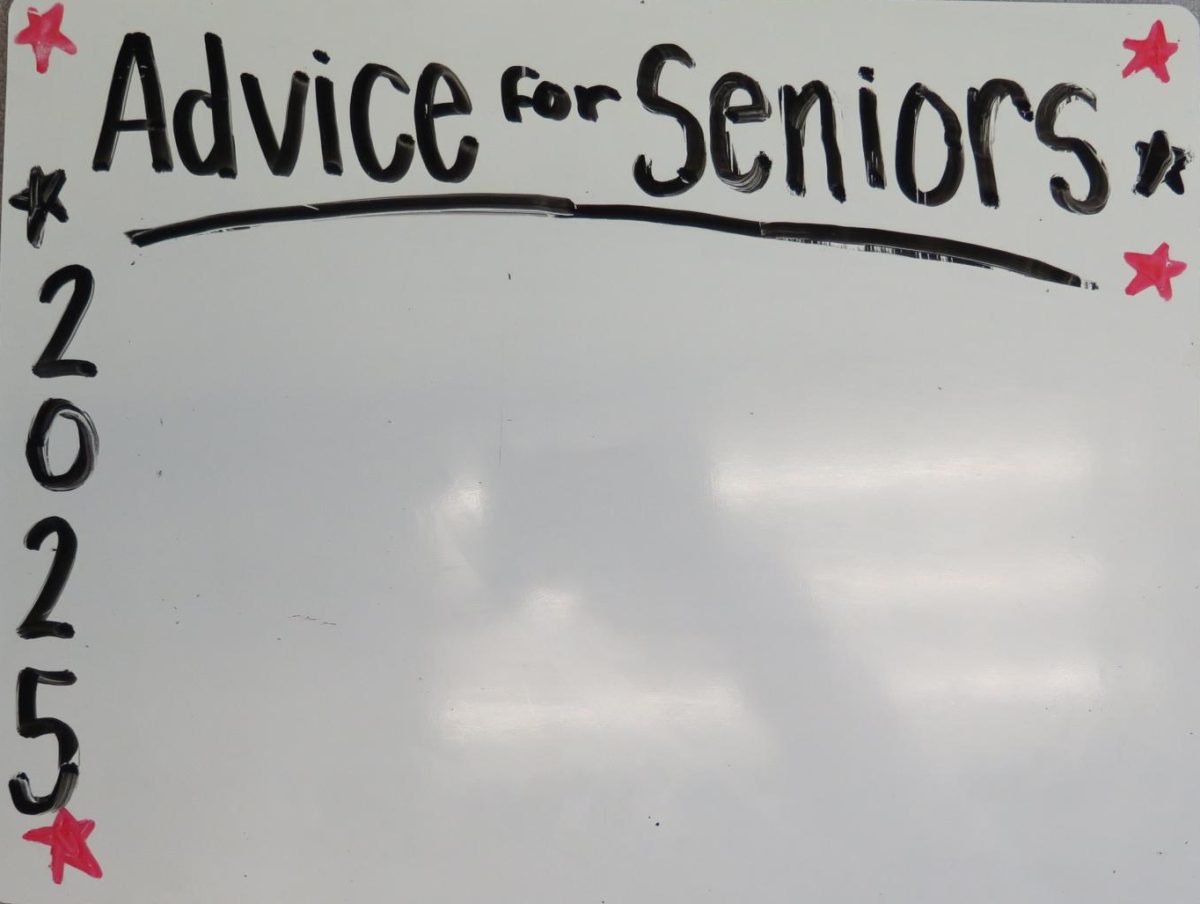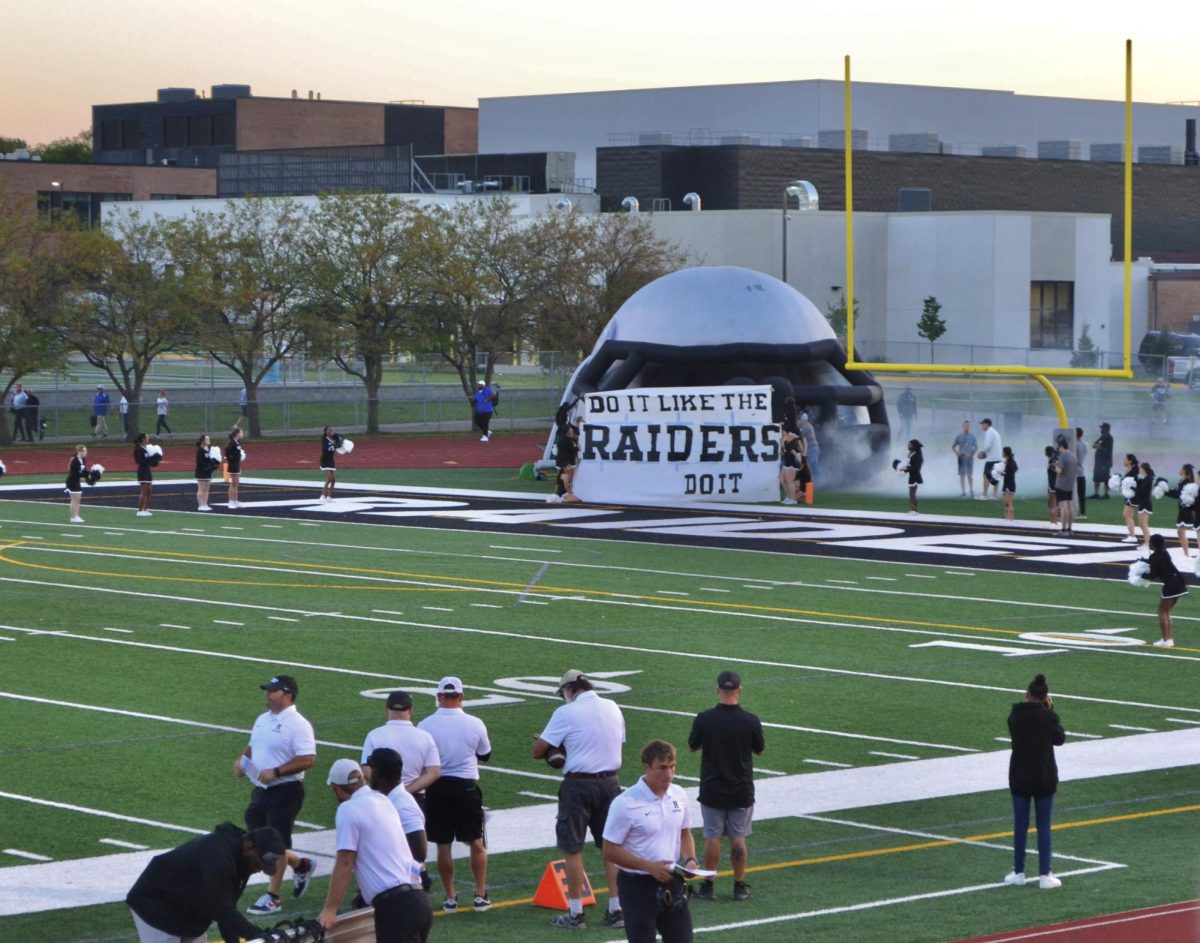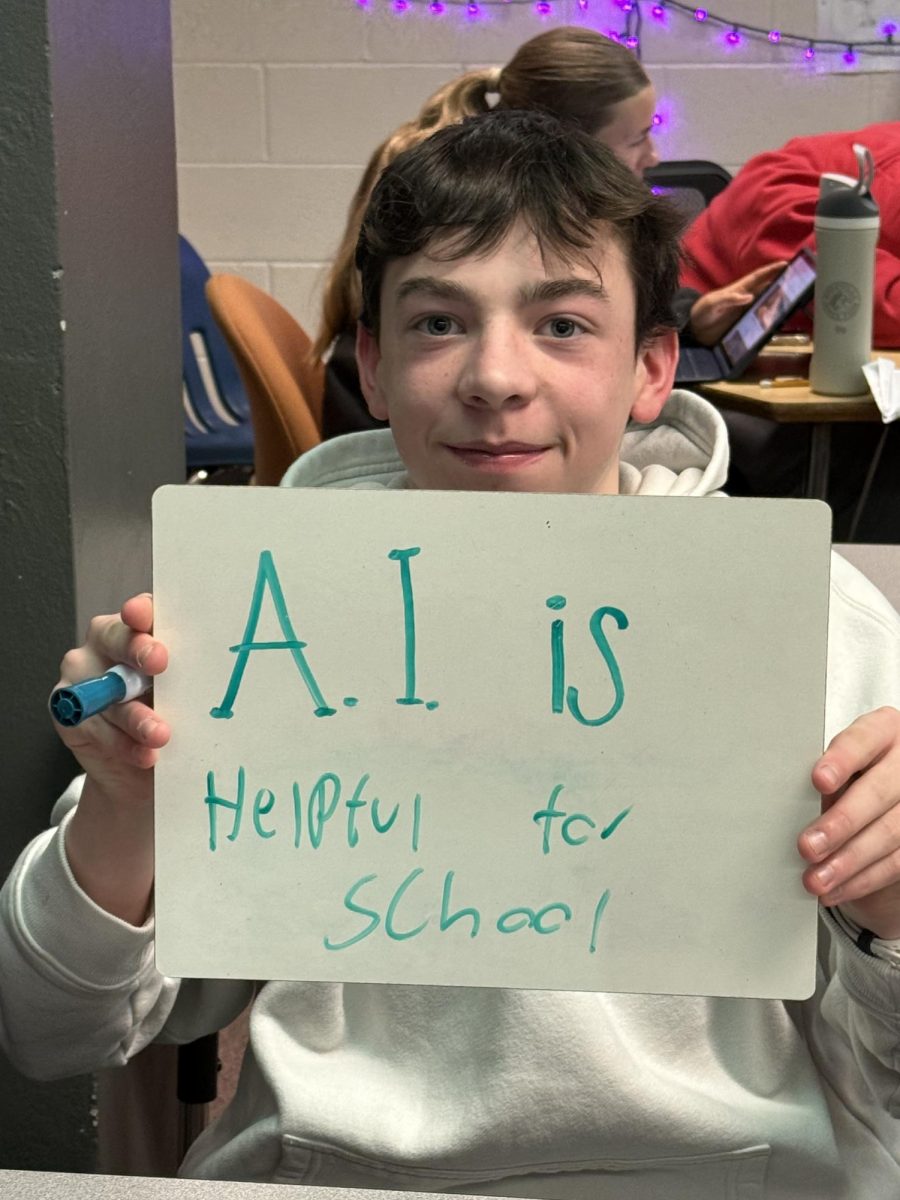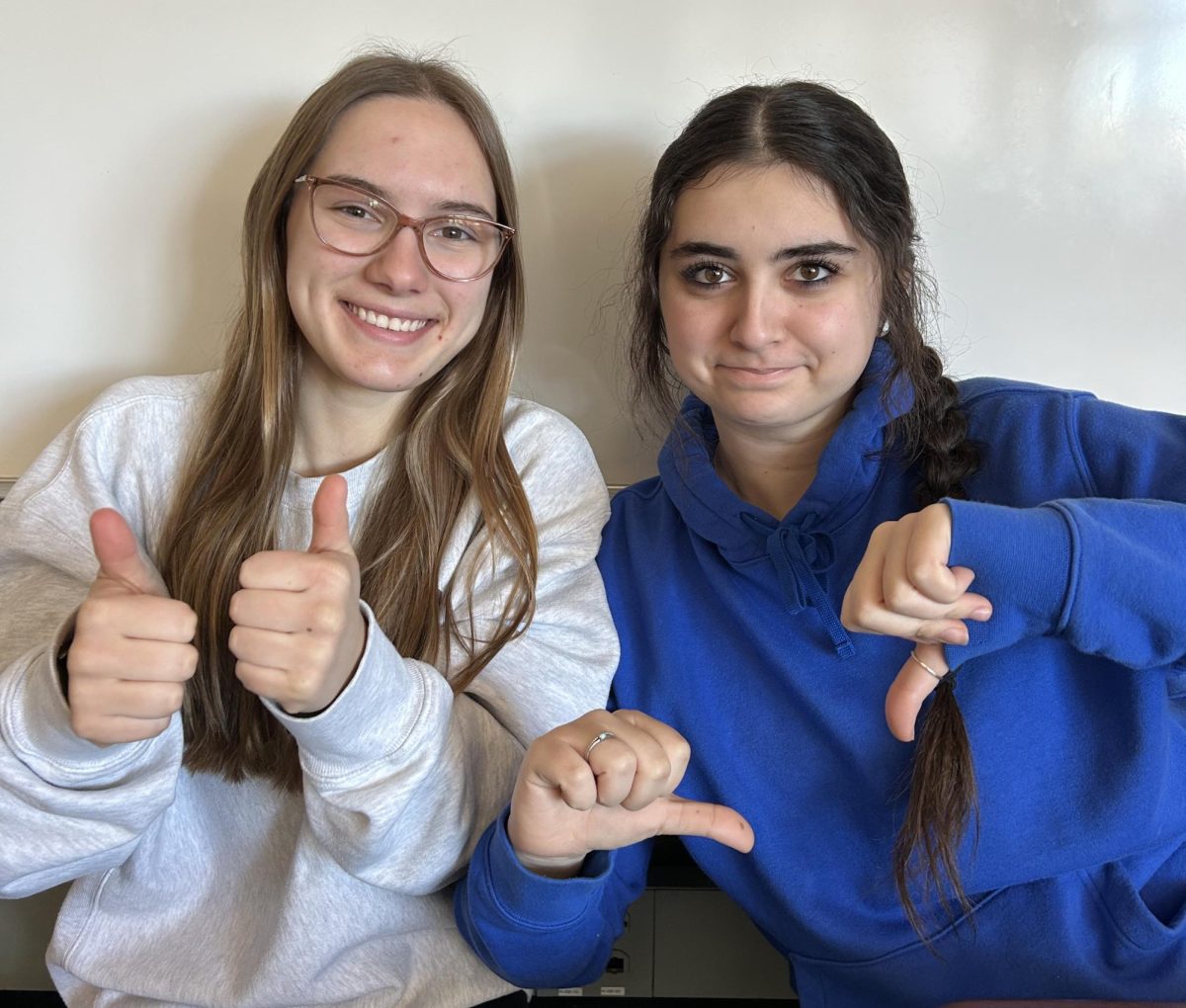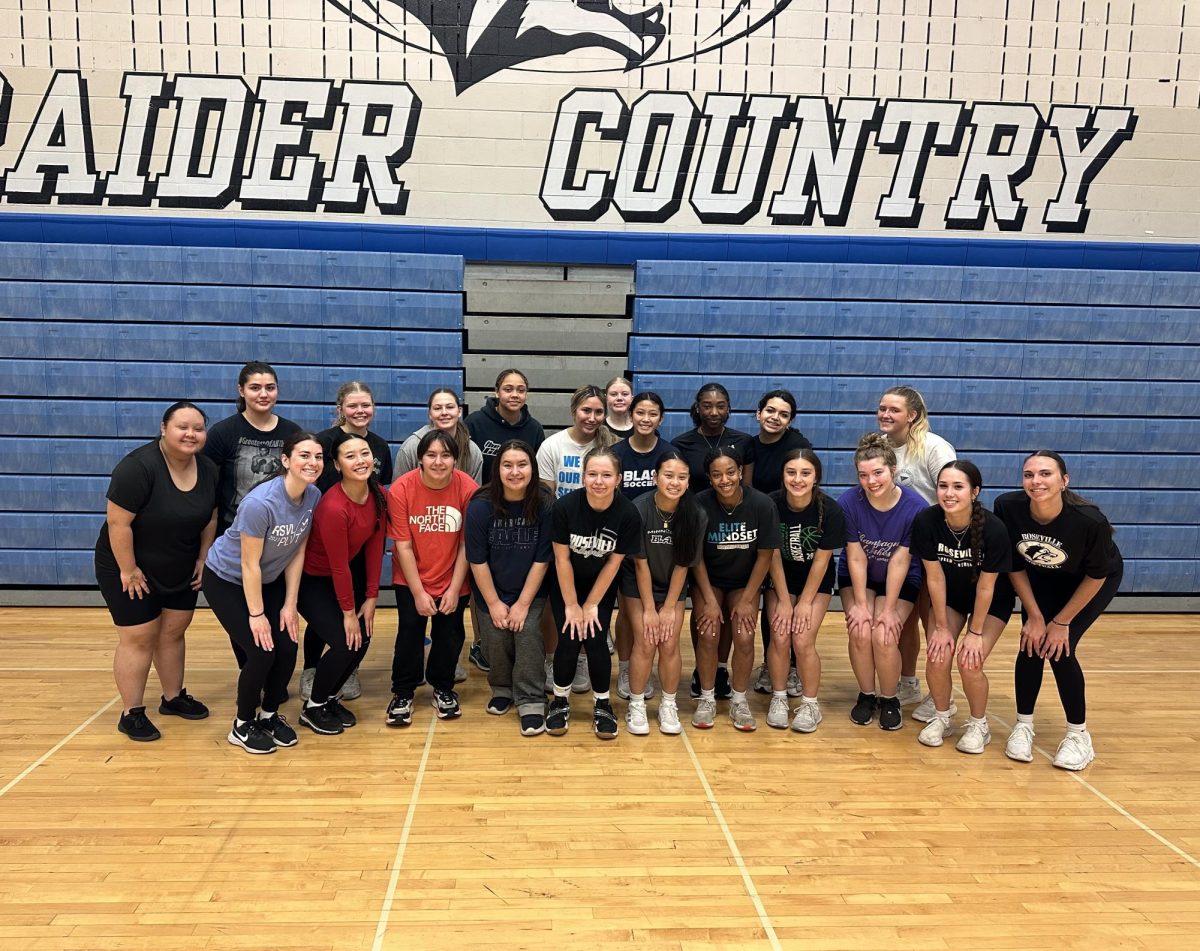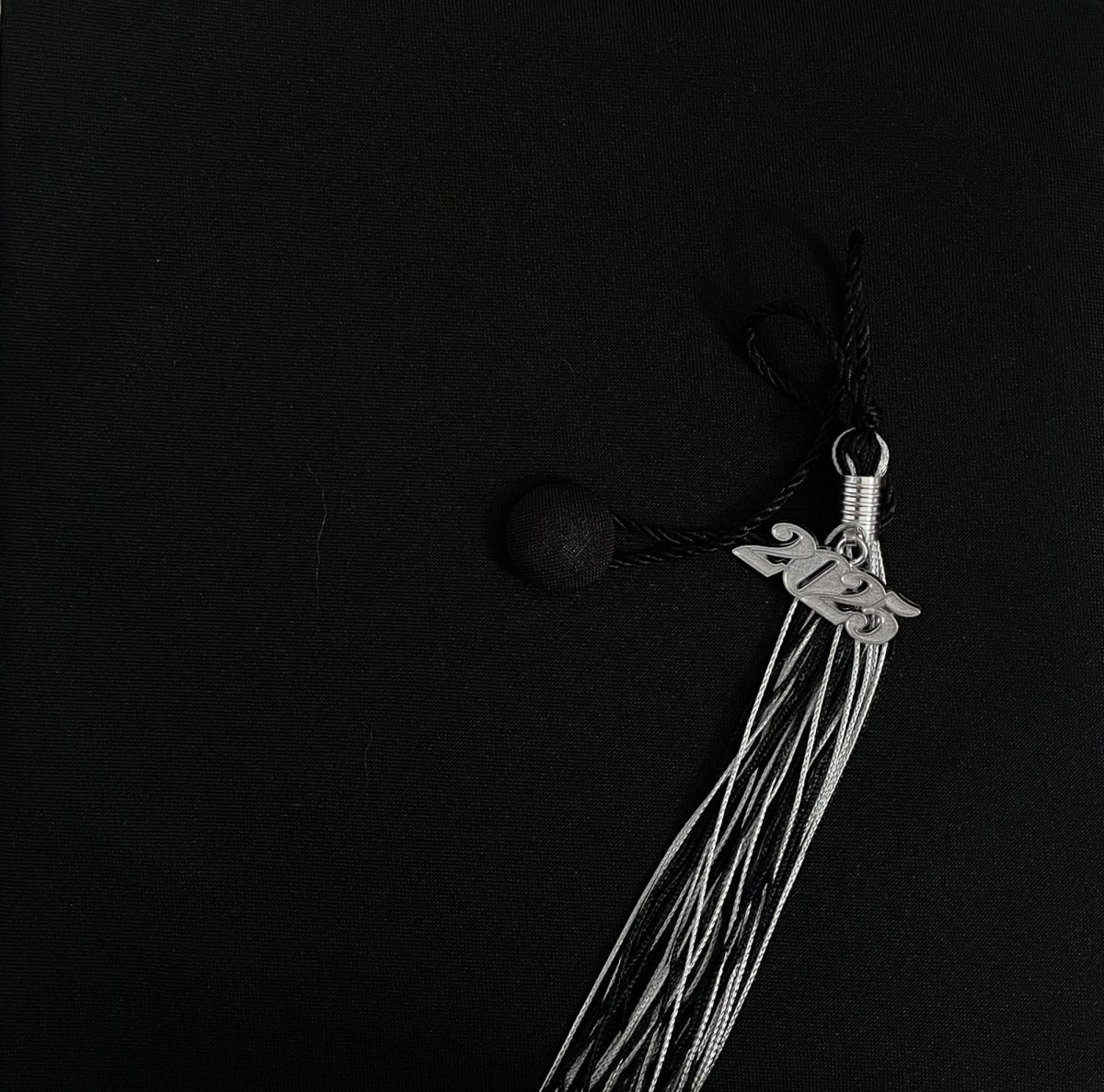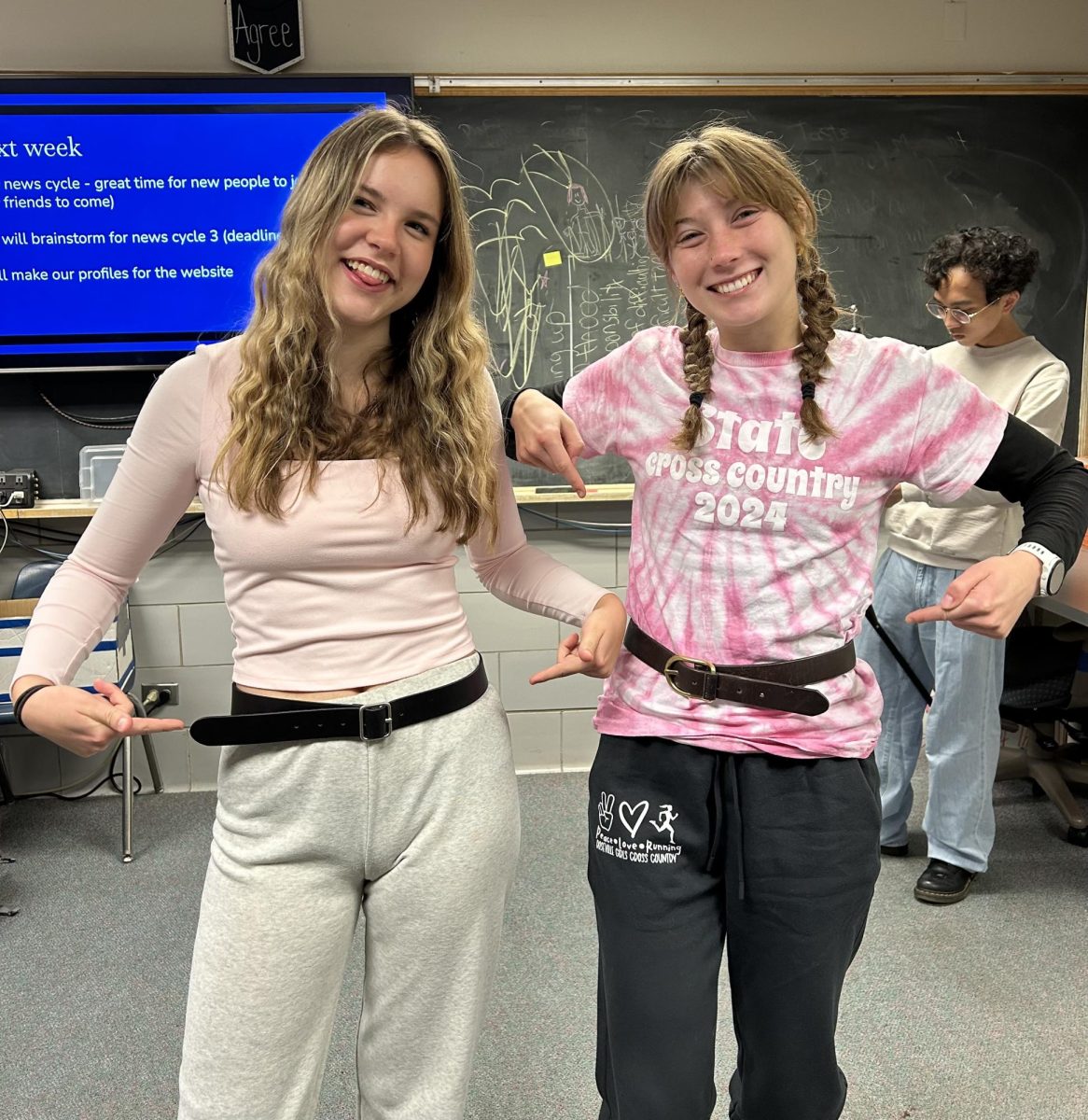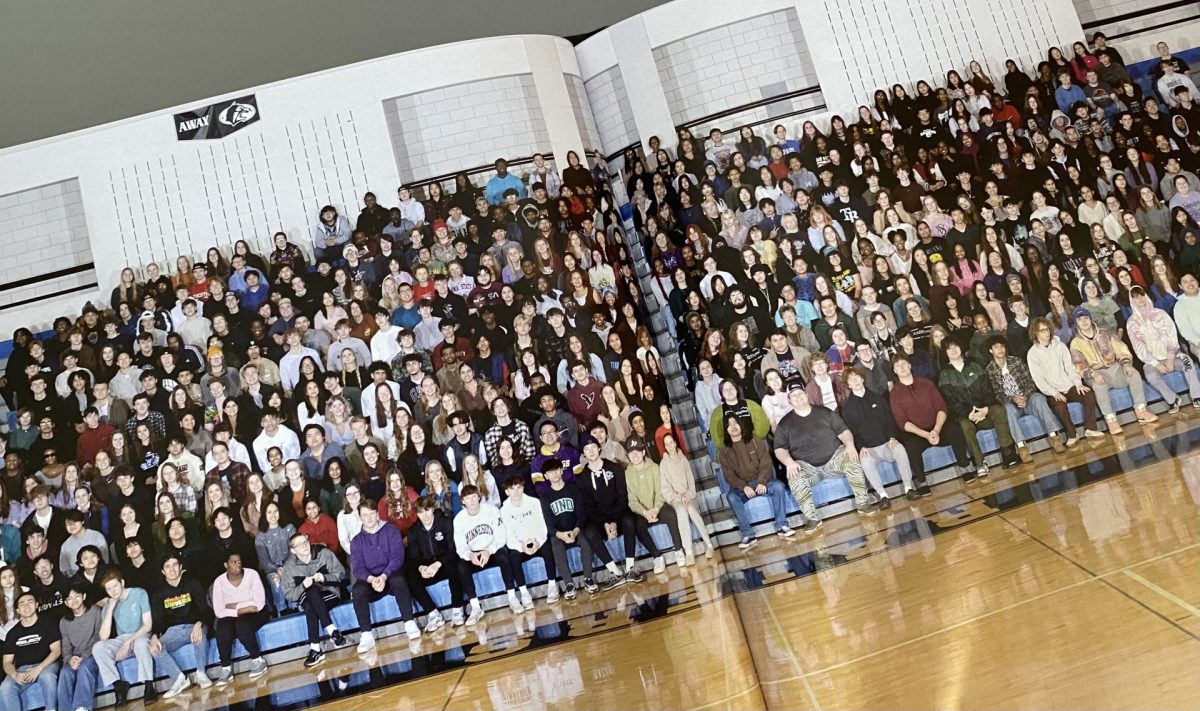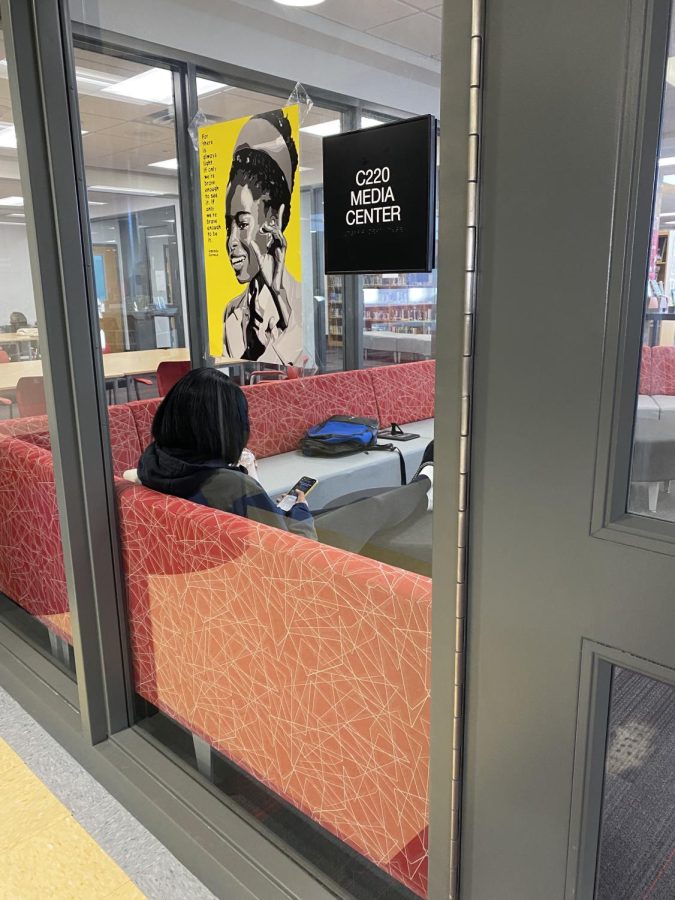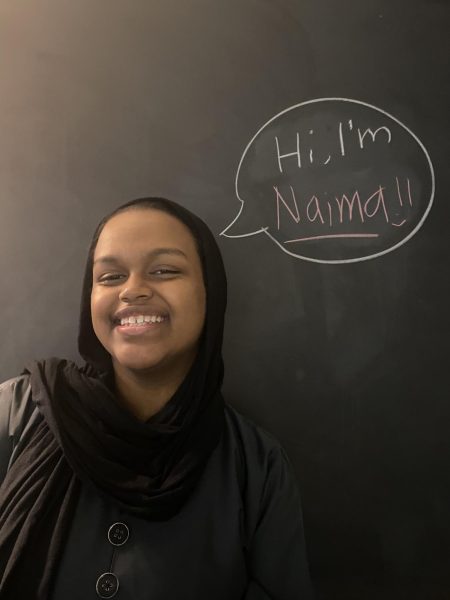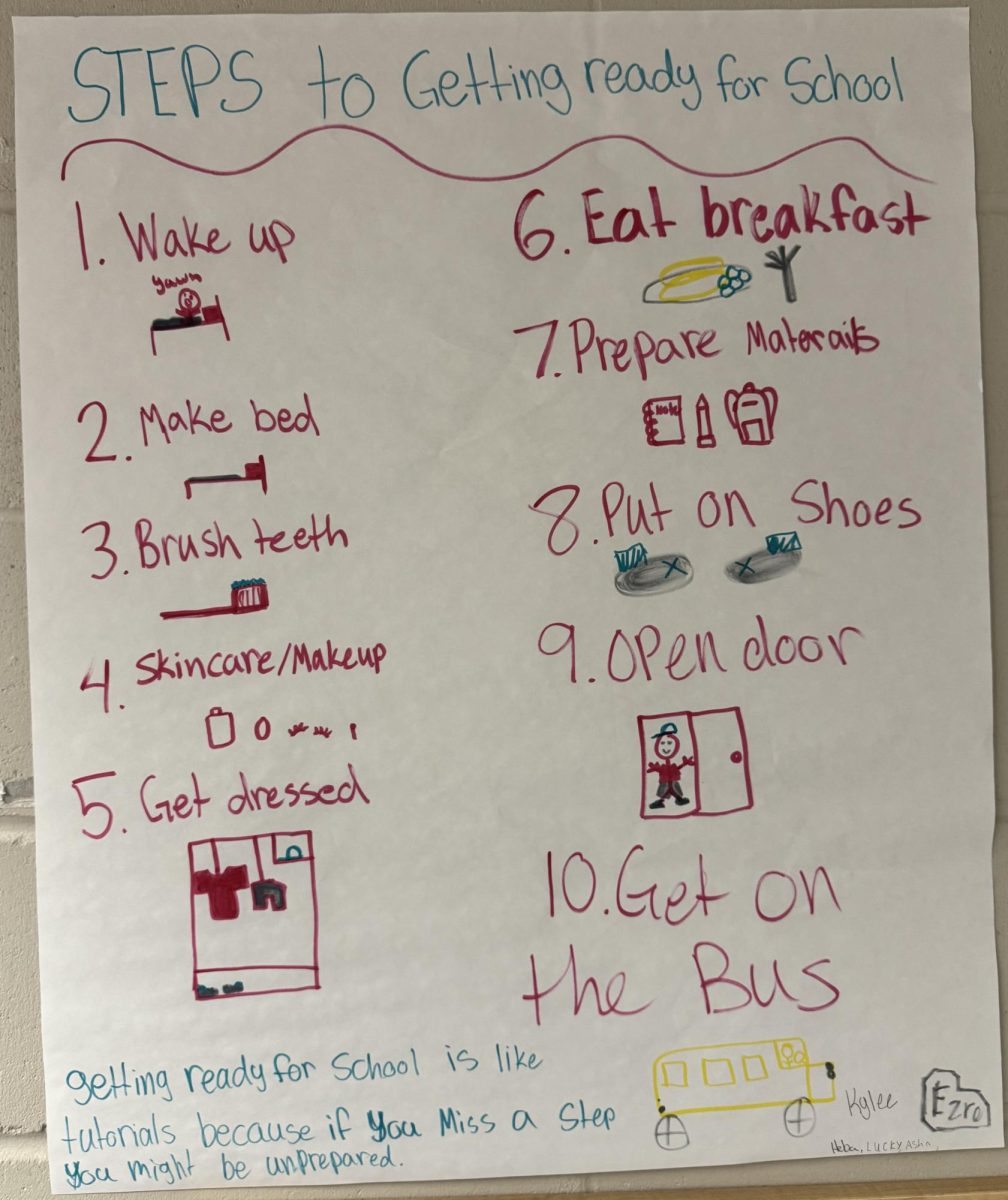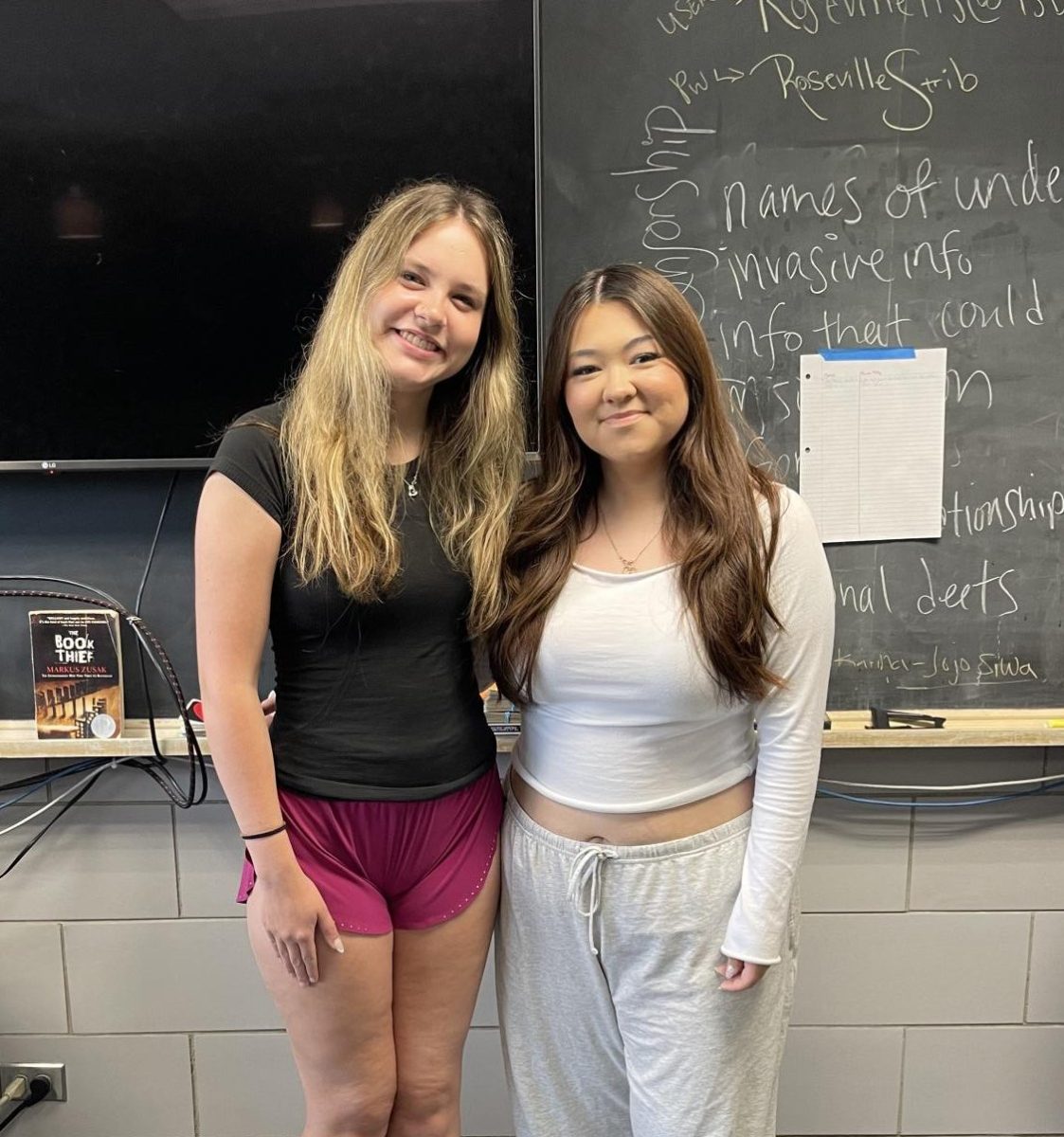Screens, screens, social media is not what it seems
Social Media has always been a prominent feature of todays society, but how does it effect mental health, and what is the overall opinion on social media?
February 8, 2023
People ages 16 to 24 spend an average of three hours and one minute on social media daily, and research reported in the journal JAMA Psychiatry found that adolescents who use social media more than three hours per day may have an increased risk of mental health problems.
The question is, how does social media affect mental health in students at RAHS and what does staff and faculty at RAHS have to say about this topic?
Most students admit they do have an addiction to social media. Junior Tracy Huelster said, “It’s like I go on my phone and it hooks me… I know I should do my homework but 1 more hour of tik tok doesn’t hurt anyone.”
Few students believe that social media is not interfering with their life. An anonymous sophomore said, “I do like Snapchat and Instagram but when it’s time to do homework, I can put my phone down and get it done.”
Emily Riebel, RAHS’ school psychologist, commented on when and where social media can be a force for good or bad. She said, “It’s a force for good when important information needs to be conveyed quickly over a great distance…It becomes a problem when someone cannot put the account away;…when it is used to convey hurtful messages about others.”
Some people expressed their concern for students spending too much time using social media and their phones and the dangers of that. RAHS’ counselor Amber Krug said, “Also, I think that students often feel left out when scrolling posts of peers and not feeling a part of what is going on. There are other aspects of body image and unhealthy expectations that can have an impact.”
An anonymous teacher discussed the problems social media poses on their teaching. He said, “Teaching isn’t really teaching when kids are always on their phones… I just hope their learning doesn’t get interfered with.’
When asked if social media interferes with their learning, senior Maryamo Ahmed said, “If a class is important, I do not go on my phone. But if I had no class work to do, I use my phone to keep me busy.”
RAHS social worker, Michael Garcia, reiterated the main struggle he sees in students’ mental health in connection to social media. He said, “Social Media is not going anywhere, we use it in everything. But finding a way to balance social media with let’s say physical activity, or something to better yourself in your life. It’s all about the balance.”
But when asked to give advice to students about social media, an anonymous teacher said, “Social Media is designed to be addicting and you have to act with that in mind, these apps are made to appeal to you.”
**Call/text 988 if you or anyone you know if struggling with mental health and self harm. Email our school social worker [email protected], psychologist [email protected] or your assigned school counselor if extra help at school is needed.**

